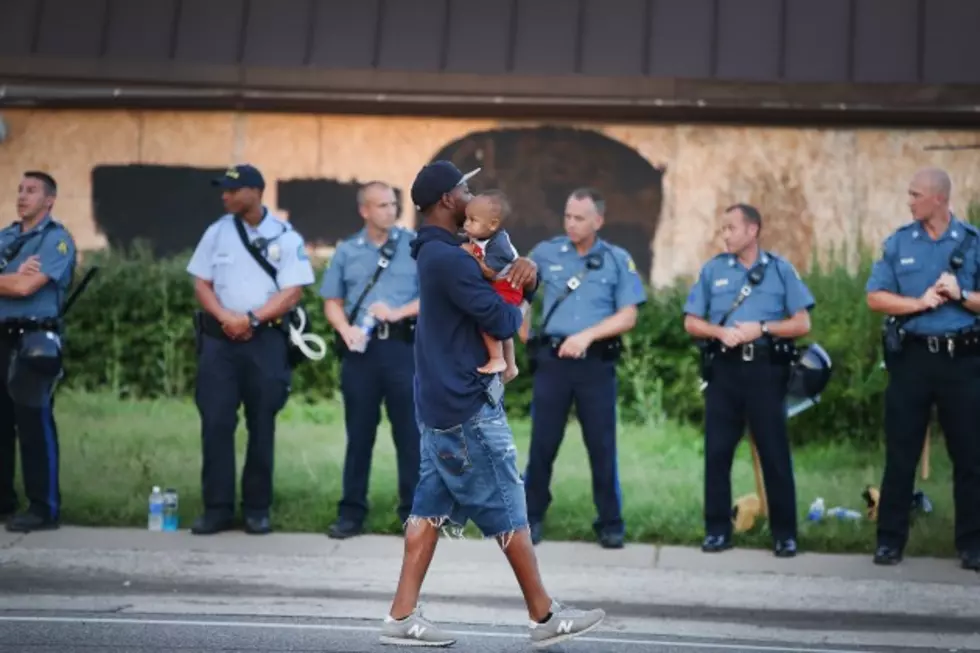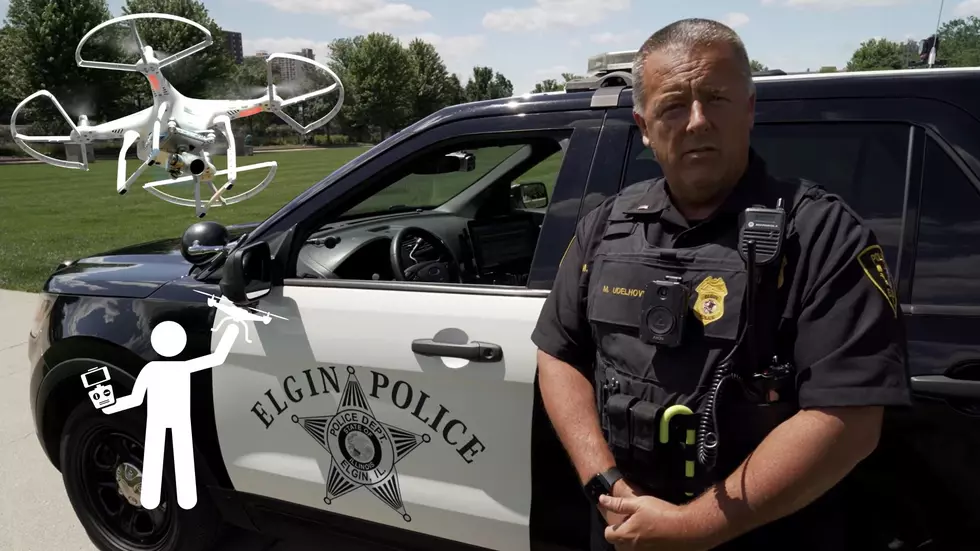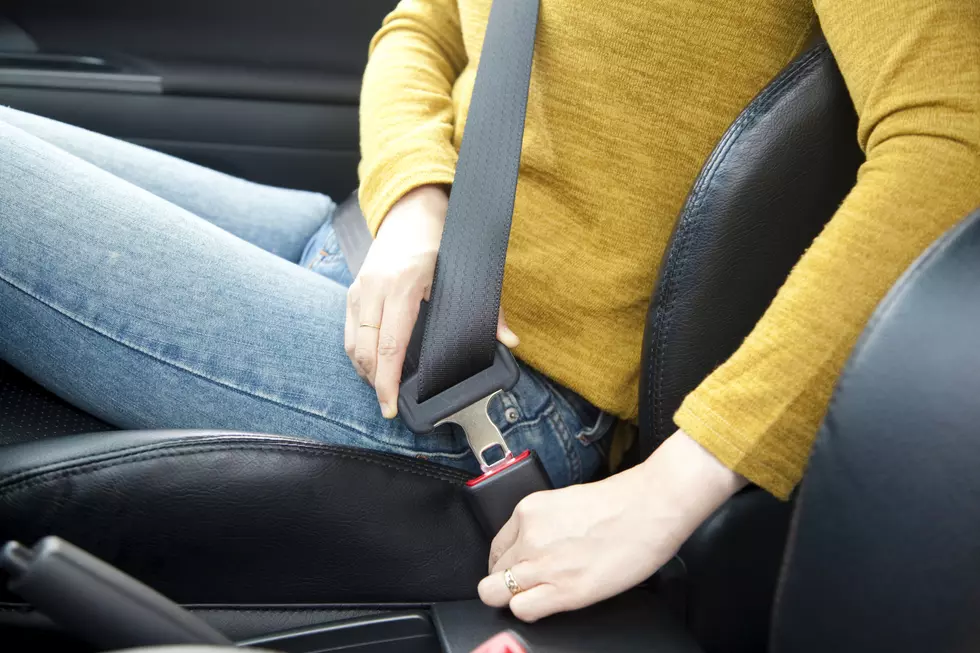
Is It Legal to Record Police in the Performance of Their Duties? – Yes, Up to a Point
In light of the tragic shooting in Ferguson, Missouri, of 18-year-old Michael Brown, the debate about whether the general public can record a police officer during the performance of his or her duties has really heated up. The answer is yes, you can, but....Yes, we live in a cell phone world, which basically puts a camera in everyone's hand. But the idea of recording the police is nothing new. We have seen countless videos on YouTube and social media sites where people are ordered by law enforcement to stop recording a given encounter at the risk of being arrested and having their device confiscated, going right along with today's technology. But this issue actually came to light in 1991.
It was March 3, 1991, that a guy on his balcony captured with his camcorder, an LAPD traffic stop from his balcony in which multiple officers were involved in a physical altercation with a suspect who they were attempting to arrest at the end of a vehicle pursuit....that suspect was Rodney King.
Bottom line, it is perfectly legal for any citizen to record a police officer in the performance of his or her duties, unless you are interfering or otherwise creating a situation under which a police office cannot effectively perform their duties because of your actions. As long as you are not interfering, you can record and cannot be ordered to stop recording, nor can your device be confiscated....again, IF you are not in the way.
In Ferguson last week, two reporters were physically detained and prevented from taking pictures and recording a situation inside a local McDonald's involving several police officers. They were later released with no charges.
Recording and photographing these types events are protected under the First Amendment as long as you DO NOT get in their way or interfere with the situation in any way. It is important for all of us to be aware of our rights, but even more important, to be aware of the limits of those rights....and there are limits.
More From WGBFAM









